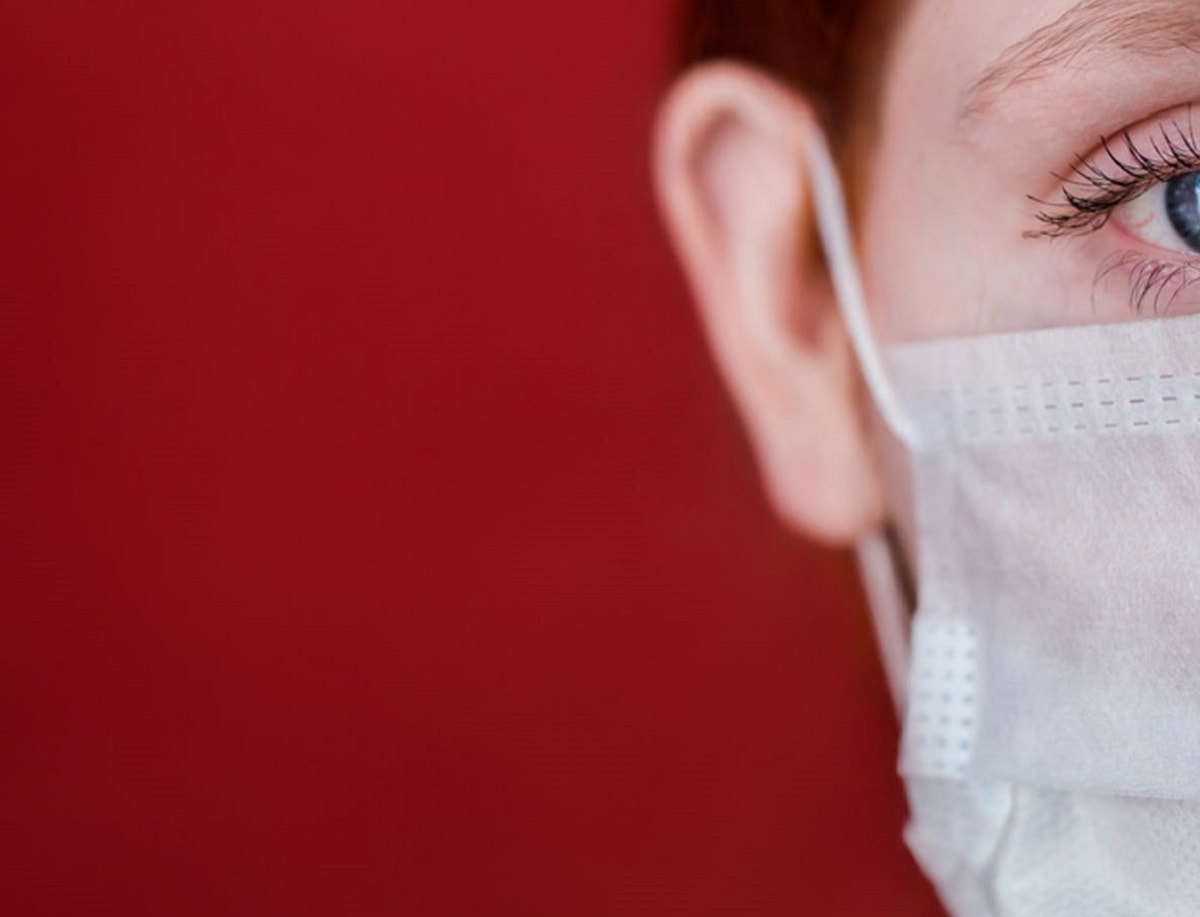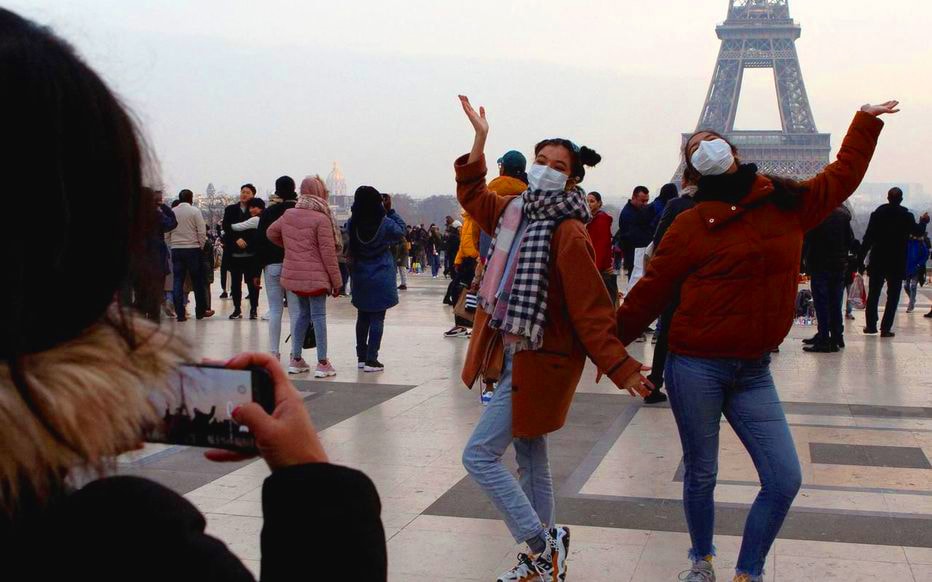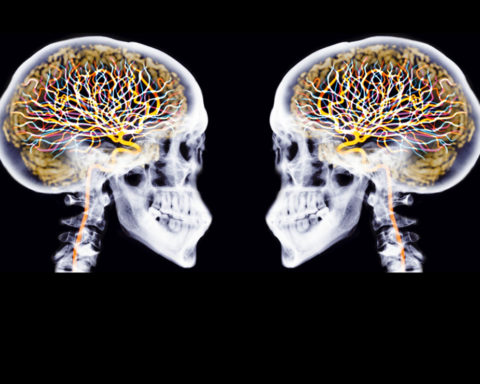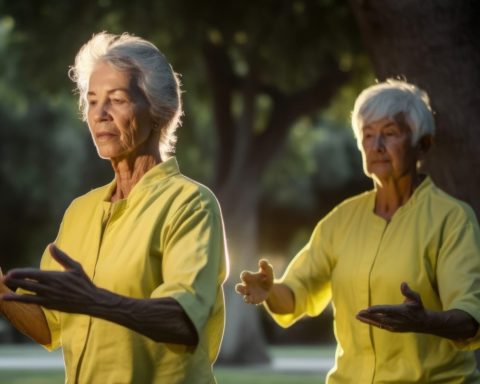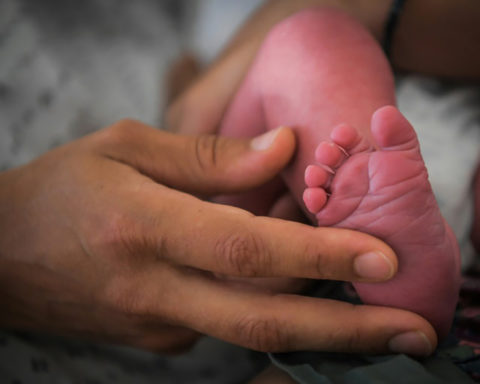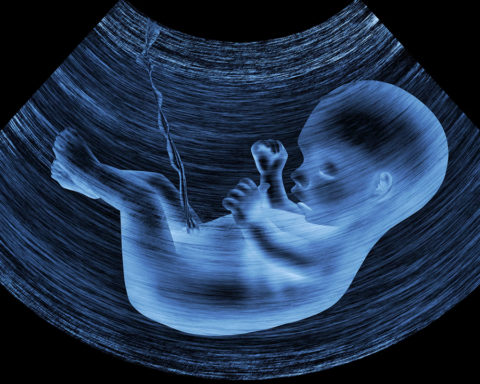The COVID-19 pandemic is forcing our society to make choices of a magnitude and intensity whose consequences cannot yet be measured. While it is certainly justified to base decisions on the expertise of scientists, the crucial trade-offs are a political responsibility. In public health, they are an indelible marker of the ranking of our social values and priorities.
FREE TRIBUNE
Unquestionable procedures, concerned about the dignity of individuals and the need for justice, exist in all hospitals and health services in France and throughout the world. Are they being called into question in the face of the coronavirus pandemic? The government has been careful to explain the graduated measures that were necessary. The arbitration of resuscitation choices, in a context of limited resources, and in view of their consequences in terms of life or death, cannot be the sole responsibility of doctors.
Exercising political responsibility
Our elderly people are now aware of this: in Italy, age criteria determine the inevitable choice between those who are resuscitated or those who are not resuscitated by doctors for lack of sufficient devices.
The imminence of similar circumstances in France accentuates the feeling of insecurity and fears. It is important to be assured of the relevance of the decision criteria in terms of transparency, justification, fairness and feasibility in a context of degraded practices for an indefinite period of time. It is necessary to prevent the despair caused by the powerlessness to do well from affecting the intervention and resilience capacities of professionals. Confronted with massive demands, restricted capacities of initiative and lack of time indispensable for argumentation in view of a decision, medical practice is subject to constraints that could prove to be unbearable.
The situation has nothing directly to do with "disaster medicine". Mobilization following a terrorist act is circumstantial, and the arrangements push to the maximum the capacities implemented within the framework of plans that have already been tried and tested.
Lack of available resources will determine choices
However, resuscitation teams are experienced in analyzing decisions on eligibility or exclusion, justification of a therapeutic strategy or limitation, and discontinuation when treatment proves to be futile or unreasonably stubborn.
The scientifically and ethically argued criteria are explicit, validated by learned societies and shared within the framework of good clinical practice. The decision-making process benefits from the arbitration of a collegial expertise that takes into account the advance directives written by the person and, if designated, his or her point of view transmitted by the trusted person.
What is different today is that resuscitation of people who could have benefited from treatment and survived under normal practice will be abandoned. The lack of available resources determines the choices, not the usual medical criteria.
What will happen in an intensive care unit when reference values and procedures no longer stand the test of reality? The possibilities of admission to intensive care are conditioned from now on to the number of ventilators available for assisted ventilation of the most serious cases and to the capacities of competent teams.
Are parameters such as severity scores, assessment of co-morbidities and multi-viscous failures still relevant as "survival qualification" criteria? Are they strictly applicable when the possibilities of transfer and reception in hospital would already be constrained and dependent, upstream, on the regulation of the ambulance service itself exposed to the risk of saturation? This means that the person could be excluded a priori from the resuscitation system on the basis of a prognosis made at a distance.
In this case, it would be necessary to be assured of the justification for non-admission to hospital and to know the "prioritization" criteria mobilized and applied in a fair manner. The selection thus practised could be assimilated to stigmatisation or discrimination for lack of effective control procedures, leading to disputes that would be difficult to contain. Aren't the most vulnerable more exposed than others to the risk of rejection?
Prioritization" guidelines
The SARS experience in Canada in 2003 led to the development of "prioritization" guidelines, which are useful today as a complement to documents developed by different emergency medicine, anesthesia and resuscitation jurisdictions.
A regular reassessment of the justification for resuscitation is prescribed in order to avoid the unjustified immobilisation of a bed. The prognosis of survival following resuscitation, the assessment of possible sequelae from the point of view of autonomy and quality of life are also taken into account. The proportionality of the means mobilised to the detriment of other people who could benefit "more usefully" from a technical substitute that is accessible in a limited way, prohibits any "compassionate resuscitation". The estimated occupancy time of the resuscitation bed and the investment made by caregivers is also a discriminating parameter.
These benchmarks contribute to the consistency of choices and the cohesion of a team operating in a context of saturation and degraded practices. However, the recommendations do not prevent physical exhaustion and moral dilemmas which, in the absence of an attentive and supportive environment, affect professionals and impair their ability to intervene.
How do we accompany the decision to refuse resuscitation to a person who, in a different context, could have benefited from it, and who is going to die? What devices should be used in these circumstances to support the decision to provide terminal sedation to prevent death by suffocation?
What will it be like in a non-medical facility or at home? How will the family be supported and how will they accept not being present to protect them from any risk of infection? Will spiritual care for the dying person have to be foregone? What will happen to the rites of death?
The establishment in hospitals and at regional level of forensic expertise units that can be consulted by the teams and produce recommendations in the light of changing circumstances seems necessary. National cohesion is imperative. However, it may not be able to withstand the scale of the human tragedies resulting from the refusal or renunciation of treatment to which deaths considered avoidable or unjust are attributed.
Everyone must then be convinced that the arbitrations, despite the urgency and formidable constraints, will be carried out in accordance with unquestionable procedures, mindful of the dignity of persons, a demand for justice as opposed to any form of arbitrariness, and a high sense of the common good.
Emmanuel Hirsch, Professor of Medical Ethics, Paris-Saclay University

